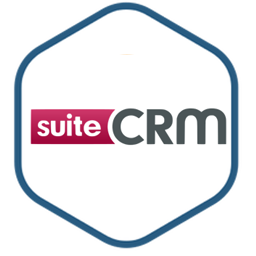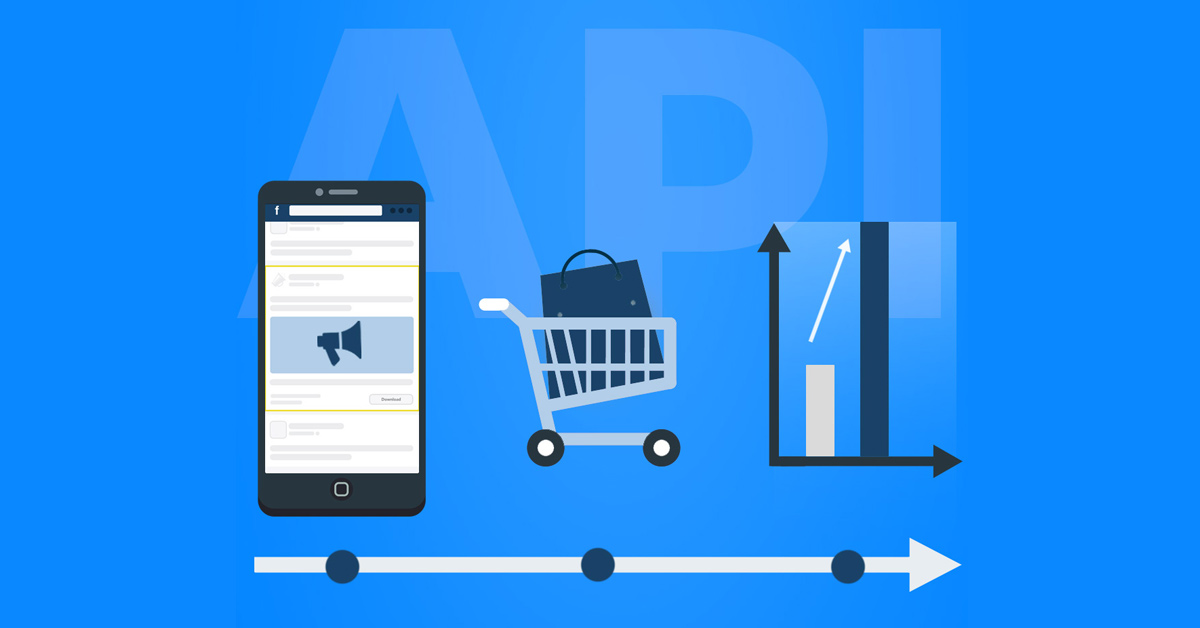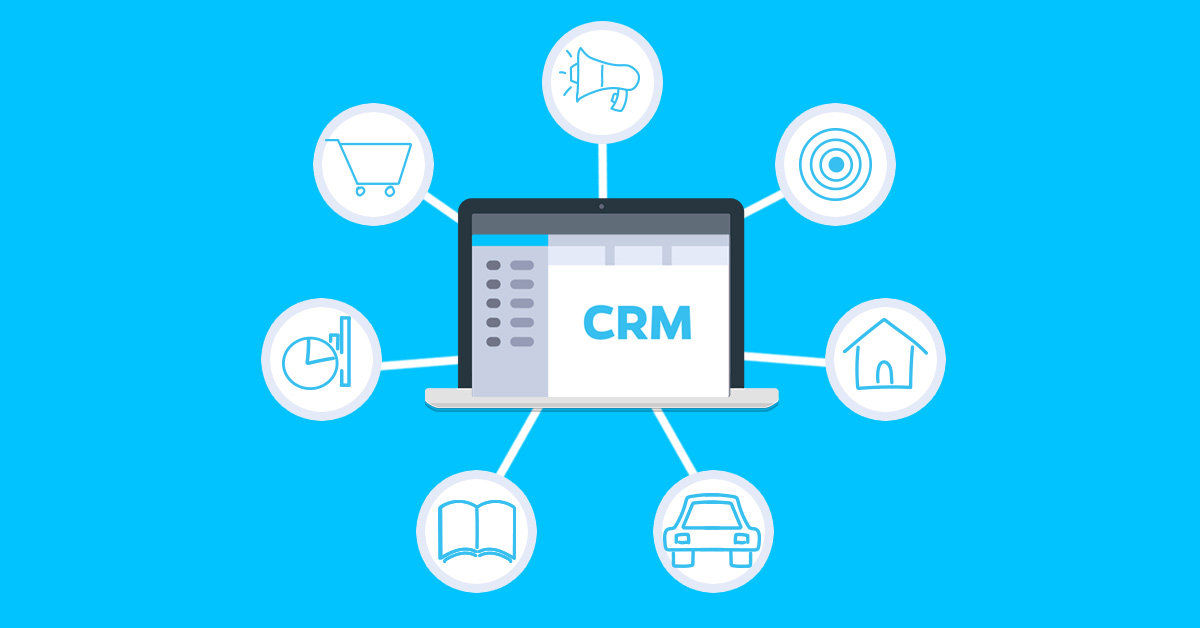Streamline your data management process with the SuiteCRM + PostgreSQL integration
Does SuiteCRM integrate with PostgreSQL? Yes, thanks to our tool! LeadsBridge is a reliable integrations platform that supports you with 380 integrations. Start now connecting SuiteCRM and PostgreSQL
WHAT YOU CAN DO WITH SuiteCRM AND PostgreSQL
DOCUMENTATIONStreamline your data management process with the SuiteCRM + PostgreSQL integration





